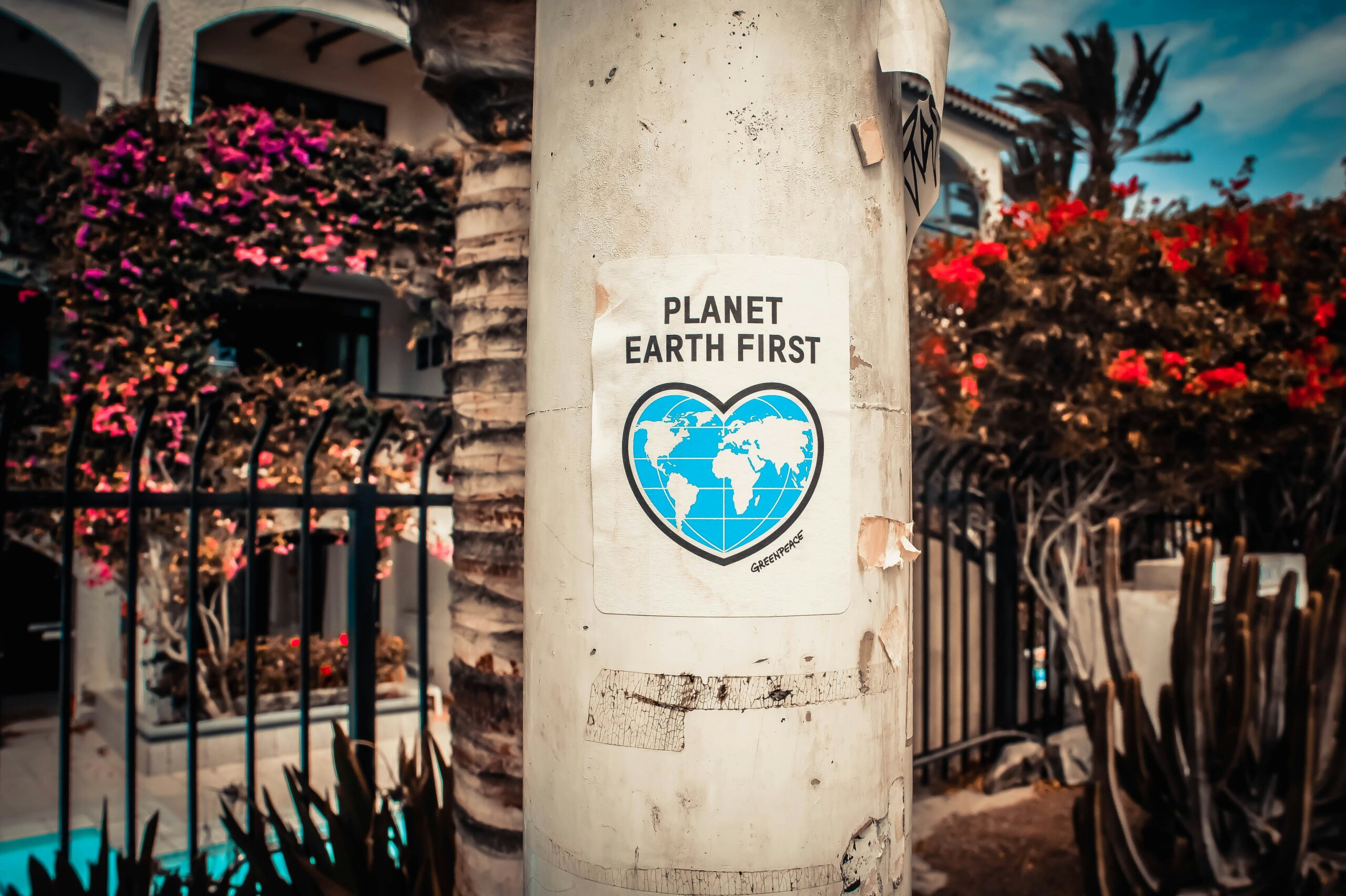
Worried about Greenwashing? How to avoid the pitfalls easily with the ACCC Greenwashing Guideline.
The law is frequently a low bar, so if you want to get ahead of the legislation and even champion going above and beyond, then there are many voluntary frameworks available and you can combine voluntary and compulsory requirements.

This topic comes up extremely often, I’ve had 3 related conversations just today. Yet the reason why might surprise you.
Many of the businesses I consult with are doing the opposite of greenwashing, they’re worried about doing things inaccurately so they stay quiet and sometimes, unfortunately, this leads to inaction or stagnancy.
When it comes to sustainability, in my opinion, some action is better than no action, because from some, you can create…. more. but it’s hard to get from none to more.
And it’s hard to know what’s legitimate.
I’ve worked with companies who’ve received emails from suppliers saying how eco friendly, compostable and otherwise innocent their product is on the environment, only to have the accompanying MSDS (Material Safety Data Sheet) or lab report contradict those words. Because unless you know the lingo… It can be hard to discern the good from the bad.
The recently formalised ACCC (Australian Consumer and Competition Commission) Guidance for Environmental Claims aka Greenwashing Guideline spells things out really plainly.
It’s worth a quick read, but to give you a glimpse, here’s my 30 second summary!
DON’T lie, don’t stretch the truth to give an illusion of being eco friendly, don’t use picture to depict eco friendly sentiment that’s not factual.
DO be transparent and truthful about what you ARE doing. It doesn’t have to be perfect, it just has to be accurate. It’s okay to talk about your future plans, just make sure they are clearly defined as aspirational, not actual.
If in doubt, hold a discussion with your team and get clear. If you’ve been around here before you might have picked up that I believe it all gets better with the team involved. Be careful not to let coercion or group-think justify something that isn’t factual.
The ACCC’s 8 principles are pretty self explanatory. You can read the full guideline for more details and examples.
1: Make accurate and truthful claims
2: Have evidence to back up your claims
3: Do not hide or omit important information
4: Explain any conditions or qualifications on your claims
5: Avoid broad and unqualified claims
6: Use clear and easy to understand language
7: Visual elements should not give the wrong impression
8: Be direct and open about your environmental sustainability transition
This guideline is a valuable resource designed to help your business operate in an open and ethical manner. A number of businesses are already being investigated, so it’s prudent to get ahead of the curve.
There will be further legislation coming into force in Australia, another one to keep an eye on is the Australian Sustainability Reporting Standard, currently in draft version and open for comment until 1 March 2024.
The law is frequently a low bar, so if you want to get ahead of the legislation and even champion going above and beyond, then there are many voluntary frameworks available and you can combine voluntary and compulsory requirements, it doesn’t have to be one or the other. As I’ve said before, the longer you leave it the harder it becomes.
Some approachable options that are voluntary include:
The Sustainable Development Goals
FSC Certified
Certified Organic (exciting to see Regeneratively Organic Certified is also an option now!)
Fairtrade
Rainforest Alliance Certified
There are numerous sustainability certifications and ratings schemes as well, things like:
NABERS ratings
BCorp
The Blue Standard
Green Globe, Earthcheck, Travelife
CarbonNeutral
PathZero
ClimateActive
You can also develop your own standard and many of the big hotel chains have their internal programs that are applied across their entire network and when you work with me, I’ll help you create your own sustainability roadmap using one or a combination of the above-mentioned frameworks.
The opportunity here is to empower and engage the entire team to become sustainability champions. There’s nothing worse than seeing a sustainability claim or policy on a website and finding that it’s not applied in the day to day workings, and as well as that being incongruent for now… you may be fined for it in the future.
Want to chat about sustainability with me?
Check dates for the next chat.
Join
Join

0 Comments